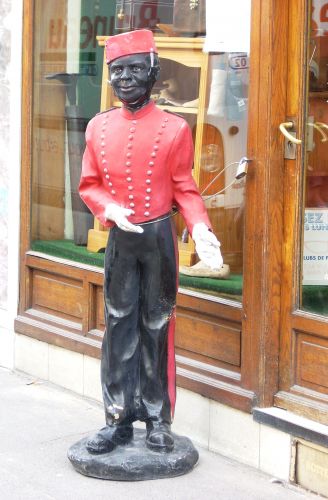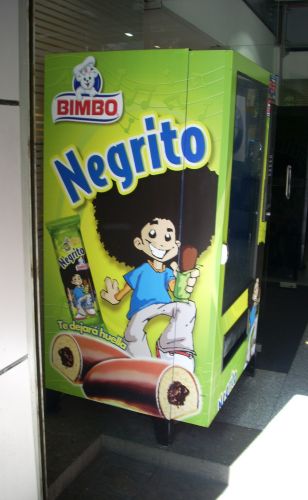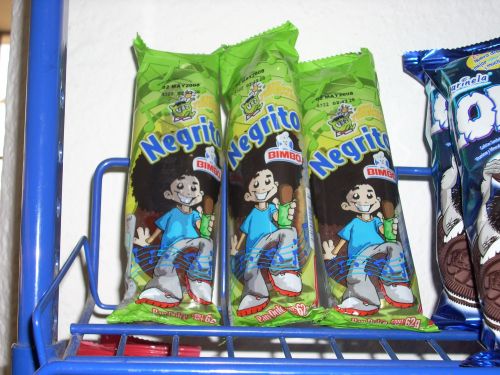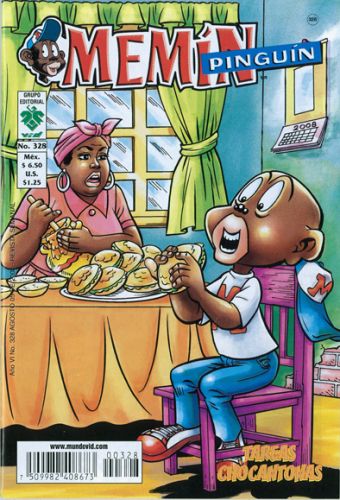My post of July 31 about the words and phrases that Mexicans use to refer to people from countries and ethnic groups aside from their own inspired more comments than any other that I had previously published. More than a dozen people contributed their thoughts.
For some perspective, I thought it only fair to exhibit this photo of a statue outside of a shoe repair shop in Paris. It is located around the corner from the Cambronne metro station (and the apartment where I stayed for a few days last September).
I visited Paris for the first time in the early 1980s. In every pastry shop, there were round, ball-shaped cakes, covered in chocolate, on trays with the enticing legend, “Tete de negre.” In French, tete means head, and negre is the aggressive word for a black person, equivalent to the reviled n word in English (as opposed to noir, which literally means black and is the more politically correct form of expression).
Usually, when I brought up “tete de negre” to a French person, he would become flustered and impatient with me, and make a disparaging remark about people from the United States, and our obsession with being politically correct. Yet last autumn in Paris – the first time I had visited France in five years – I noticed that the bakeries were no longer selling tetes des negres. The pastries had at some point been reassigned much blander names, such as boule de chocolat (chocolate ball).
The black bellboy in the photo, however, presumably knows his place and has stayed put.



